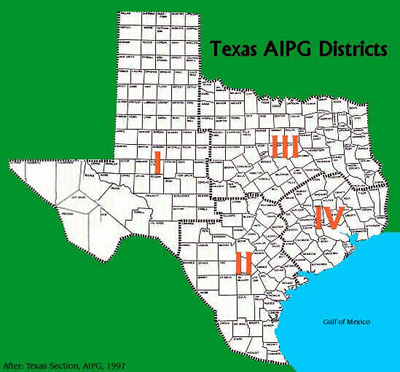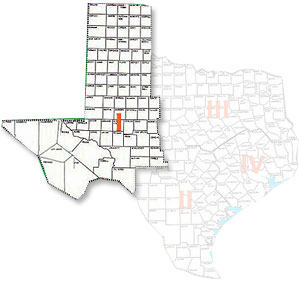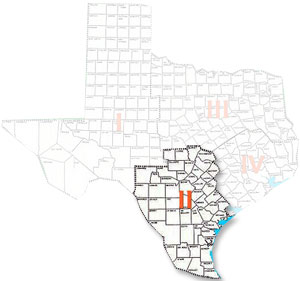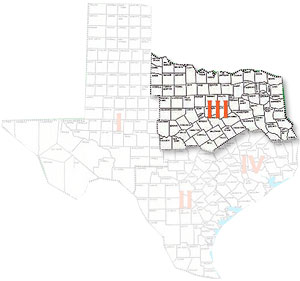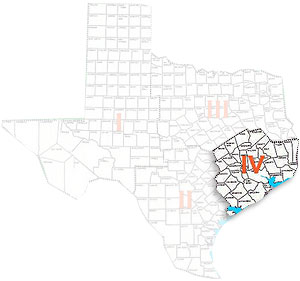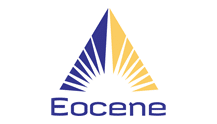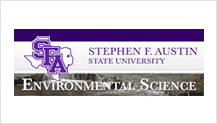
A Brief History of AIPG
Prior to 1963, numerous societies existed to focus on the science of geology and upon specialty areas within this science, but many geological scientists were concerned about the lack of any national organization which focused on geology as a profession.
The practice of geology, particularly with respect to public responsibility, regulation, and business practice, had no established guidelines and no national representation. This deficiency was finally addressed in 1963, when a small group of dedicated geologists met in Golden, Colorado, to compose the Constitution and Bylaws for the American Institute of Professional Geologists. November 14, 1963, when AIPG was chartered as a nonprofit corporation, is considered the official date of the founding of the Institute. Martin Van Couvering was elected the first President, and the first AIPG Headquarters was located at the Colorado School of Mines. Members were distinguished as a “Certified Professional Geologist” and were authorized to use this title, abbreviated by the letters “CPG” after their name.
Steps were promptly taken to establish Sections of the Institute at the state and regional levels. In some areas, local organizations existed with the purpose of advancing geology as a profession. Members of these organizations recognized the advantages of having national affiliation and merged into the Institute. AIPG become a national organization with a membership of nearly 850 by 1965, little more than a year offer its founding.
By 1974, the Institute had a membership of over 2,000, outgrew its office at the School of Mines, and moved its Headquarters to 622 Gardenia Court in Golden, where it remained for eight years. Additional geological scientists such as geophysicists, geochemists, and engineering geologists expressed interest in membership. This broader constituency is also served under the certification title “CPG.” In 1982, Headquarters moved to its present location at 7828 Vance Drive, Suite 103, Arvada, Colorado. Today, AIPG has approximately 8,000 Members and Affiliates, and thousands of Alumni. They are organized into 36 Sections.
The primary purpose of AIPG, to strengthen geological science as a profession, remains undiminished. AIPG remains dedicated to communicating to the public and to its representatives the importance to society of the profession of geology. The Institute promotes ethical conduct and seeks to protect the public and the geological sciences from unprofessional practice.
AIPG establishes qualifications for granting of the title, “Certified Professional Geologist,” and certifies to the public that those geologists who hold this title have undergone peer review and have been deemed competent practitioners who are worthy of public trust.
In Texas, and because the state is about 828 miles wide and some 920 miles north-south, figured by crow or road, the members within Texas decided to form four districts so that members could meet more easily, see District Map:
In The News
Sponsors of the AIPG-TX GEODAYZ Training Program
2022
2018

